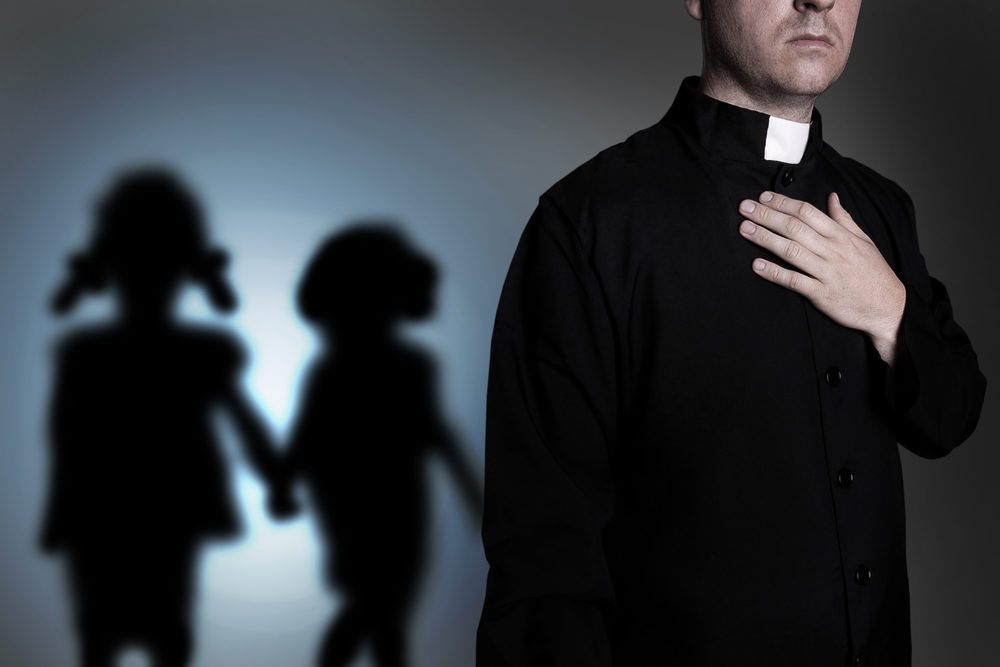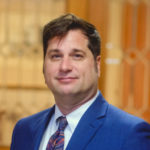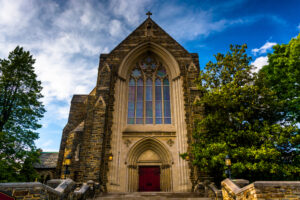
The Archdiocese of New Orleans is the largest known employer of pedophiles in the 300 year history of New Orleans. By the Archdiocese’s own admission, more than 70 names are on the list of clergy credibly accused of sexual abuse. At least one other reputable source has identified more than 100 credibly accused priests who served under this Archdiocese. This does not even account for those credibly accused priests who served in the New Orleans area but outside the control of the Archdiocese.
The failings of local, state, and federal authorities to conduct any meaningful investigation as to what happened, who was involved, and which Archdiocese leaders were aware of and when has become an enduring testament to the power of the Archdiocese.
The number of victims who stepped forward steadily increased over the past year, in part due to the deadline to make a claim against the Archdiocese of New Orleans. The March 1, 2021 priest abuse deadline was set in response to the city’s diocese filing for Chapter 11 bankruptcy, a move that takes the trial out of public court. Once March 1 passes, victims of the Archdiocese of New Orleans clergy abuse may no longer make a claim for financial compensation, unless the abuse occurred after the bankruptcy filing or the abuse was committed by clergy outside the control of the Archdiocese.
Survivors, advocates and the public highly scrutinized the bankruptcy filing, something many other dioceses across the U.S. have done amidst clergy abuse claims. With Chapter 11, there’s no public jury involved. It’s a quiet and private resolution process that many are against.
A settlement for victims is negotiated during the financial restructuring that occurs with this type of bankruptcy. Once accepted, the settlement will be distributed among New Orleans clergy abuse survivors who made a claim by the deadline pursuant to an agreed upon order or by order of the bankruptcy court.
A History of Failure for Clergy Abuse Victims
The Roman Catholic Church’s history is steeped with poor responses to widespread abuse that have landed them on trial with the public. In the age of social media and the internet, people access and share information easily, which has worsened the Church’s situation and garnered additional attention.
For decades, the Archdiocese fraudulently concealed priest abuse in the church. Clergy covered up legitimate claims, victims were silenced through threats or with the promise of private settlements and therapy, and credibly accused priests were sent to other parishes where they committed more acts of sexual abuse. On at least one occasion, a serial pedophile clergy was promoted after submitting a written confession to his superiors.
New Orleans Clergy Abuse: What Happens Now?
Clergy abuse survivors in New Orleans suffered abuse as children ranging from grooming and inappropriate touching to years of oral and anal rape. Victims who have stepped forward and others who have remained silent endure short- and long-term effects that affect their physical, mental, emotional, and spiritual wellbeing.
At a time when victims are more empowered and publicly supported than ever, how the Church takes responsibility, their plan to handle abuse, and what they do to prevent it will determine their reputation and future.
Earlier this year, the New Orleans Archbishop announced changes made to how priest abuse claims are handled and committed to addressing the widespread problem. Working with the group, Survivors Network of Those Abused by Priests (SNAP), a fundamental change is the addition of a clergy abuse survivor to the Independent Review Board. Beyond reviewing claims, the Board is also responsible for recommending whether a cleric accused of sex abuse of a minor should be publicly named.
In addition to the efforts of individual dioceses around the world, the Roman Catholic Church as a whole has changed their guidelines and strategies for when an abuse claim occurs. A noteworthy change is that they will disclose and involve authorities when a credible allegation is made. This, among other initiatives, is to ensure openness with the public, bring justice for survivors, and take responsibility.
These proposals, while admirable, are meaningless without complete disclosure of its past bad acts as well enforcement of the new policies coupled with unmitigated public disclosure. Those knowledgeable of the Church’s long history of secrecy, self-preservation, and influence doubt these efforts. Only time will tell.
Priest Abuse Settlements
The Catholic Church has faced countless abuse accusations around the world. In the U.S. alone, the Church has paid billions in settlements, revealing a troubling pattern within the institution. What’s further disturbing is the number of unknown claims to the communities in which it happened – and even to the Vatican – because of the secrecy, inadequate investigation process, and minimal repercussions.
Moving Forward Amidst Clergy Abuse Claims
With the March 1, 2021 deadline to make an abuse claim against the Archdiocese of New Orleans, the effort of openness may already be stifled to a degree. If more and more cases are settled in bankruptcy court, transparency will be hindered. Considering this, among other factors, it may take decades before the Church can truly repair a system and reputation that’s so deeply bruised and broken.
If you are a victim or suspect that someone you love may be a victim of sexual abuse, you must seek help. At Herman Herman & Katz, we are committed to fighting for victims. Our attorneys can answer any questions you may have and help you determine what steps need to be taken to protect your legal rights. Please call us at 844-943-7626 or schedule a free, confidential consultation before Monday, March 1, 2021, so we can make sure your voice is heard.

Soren E. Gisleson, is a Partner at Herman, Herman & Katz, L.L.C. and attorney advocate for survivors of clergy sexual abuse.














Comments for this article are closed.